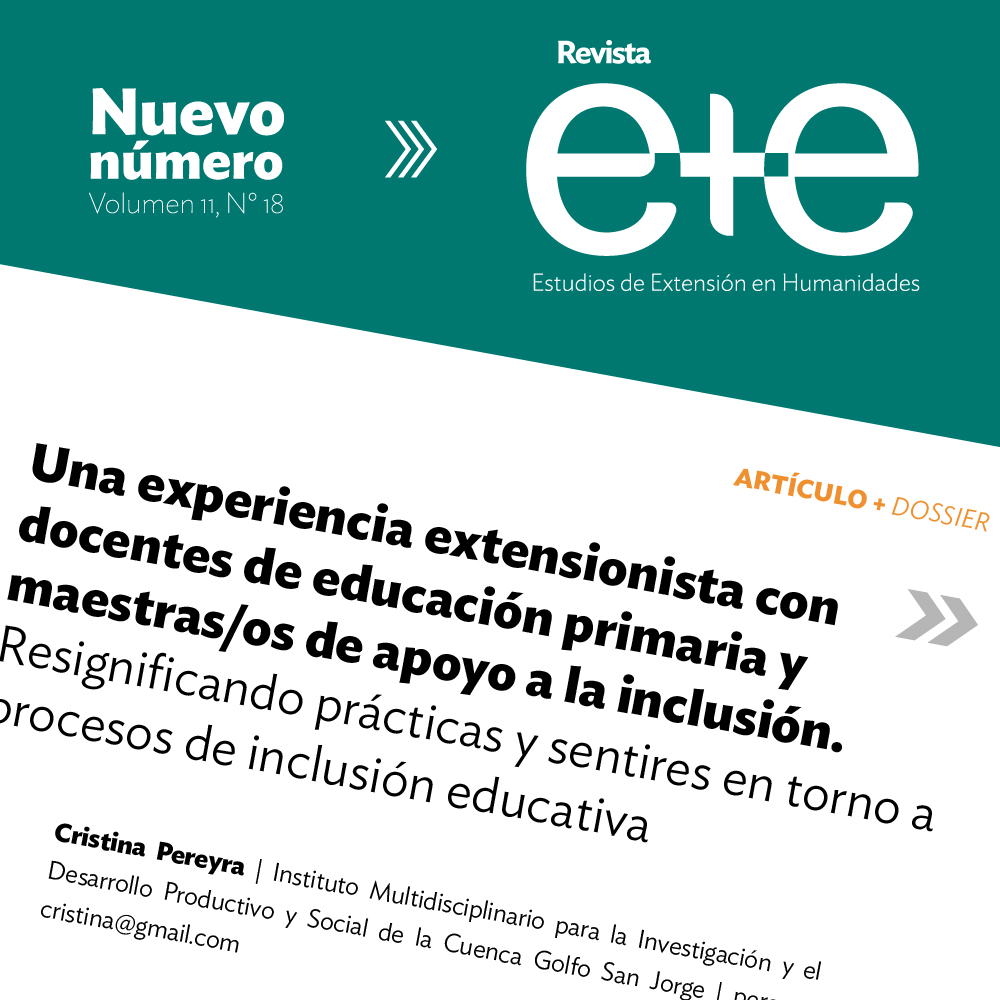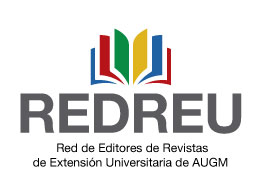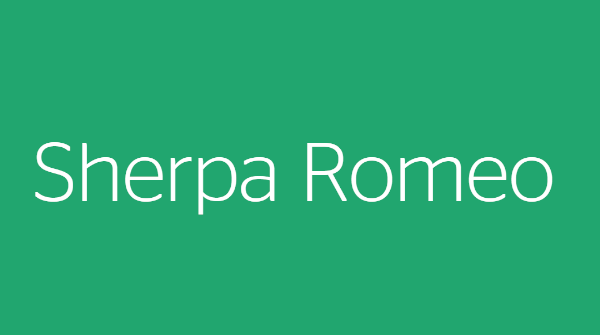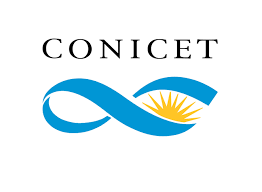Vol. 11 No. 18 (2024): Hacer e imaginar las prácticas extensionistas en tiempos de crisis
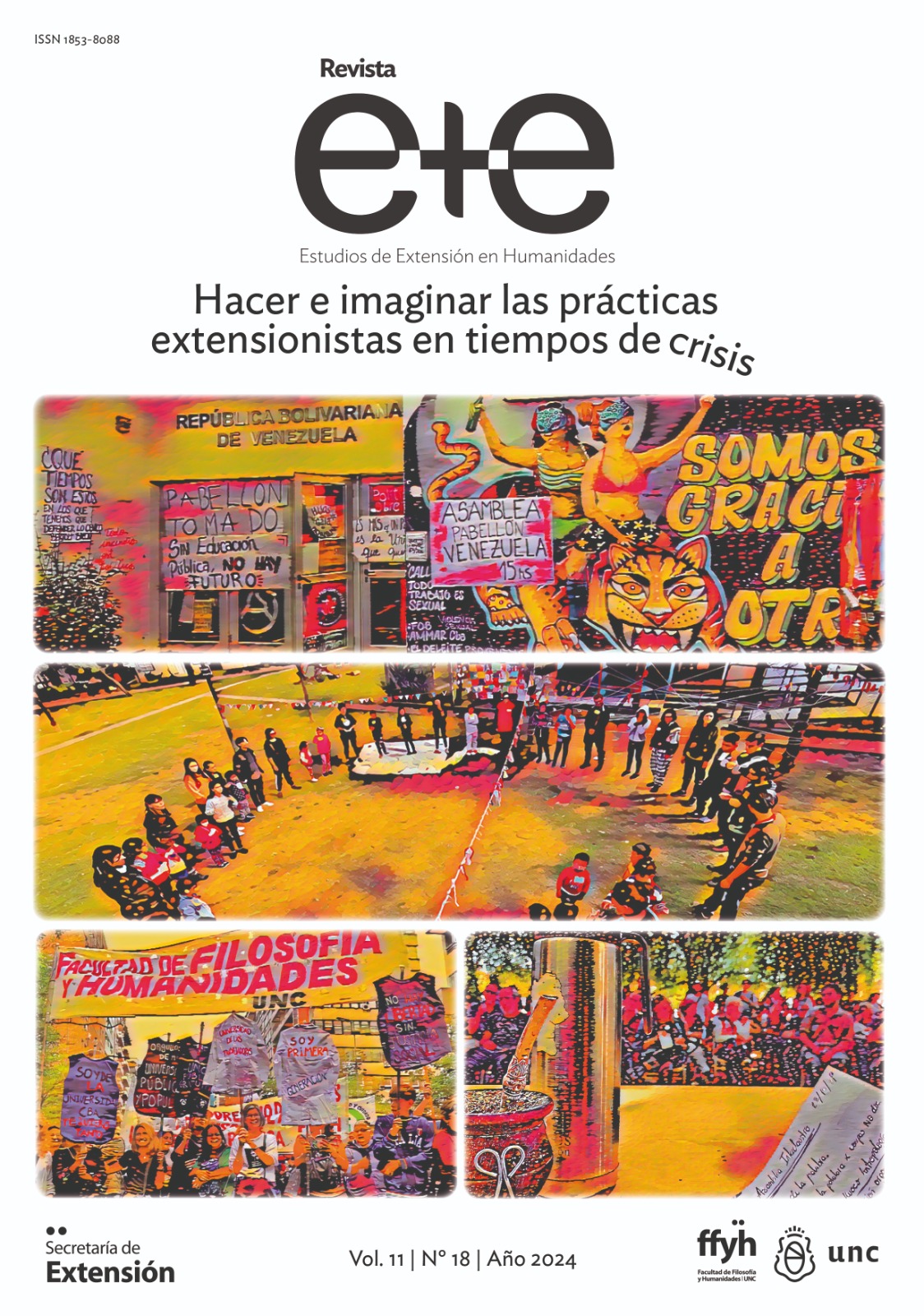
The university as an institution of higher education has been from its origins a key piece in the modern-colonial socio-historical project. We could read its history, until the irruption of the 1918 Reform, as the constant sedimentation of practices, on the one hand, and the reproduction of social imaginaries, on the other, always functional to the interests of the ruling elites. In this sense, the reformist imprint came to subvert the tranquility of the cloister to which the dominant classes were accustomed and, from that moment on, the university, with its ups and downs, has not ceased to be a territory in dispute between two tendencies: on the one hand, that which aspires to the substantive democratization of the production of knowledge in favor of the interests of the majorities and the project of social and individual autonomy, and on the other hand, the always crouching tendency that hopes to restore and expand the privileges of a few, a tendency of the anti-democratic forces that survive in our society, whose advance we are witnessing again today.
Since those convulsed days of 1818, university extension has become the privileged space in which those of us who make the university day by day -teachers, students, graduates and non-teaching staff-, relate to that wider, complex and contradictory community that is the society to which we belong and we link ourselves from that particular condition of being part of the university. Those of us who do outreach know that the university is by no means oblivious to the changes in the social-historical world, and that it has oscillated, sometimes in antagonistic models, in the construction of links with others beyond the university community.
Each period of social, political and economical crisis poses us the need to review, re-imagine and re-do ourselves in relation to our presence in the territory, understood as a space of co-construction of knowledge and meanings from a critical, dialogic, formative and integral process, which generates bonds of solidarity and commitment with the processes of transformation of societies.
We said above that, today, both the university and our society as a whole -especially the most vulnerable social sectors-, are suffering in an unprecedented way a constant attack against two agreements that we believed to be indisputable. On the one hand, that free and quality public education should be a right to which everyone has access and, on the other hand, that public universities are promoters of increasingly fair and dignified forms of coexistence, through the sovereign exercise of science and technology offered for the care of the fabric that covers human and non-human life.
At present, the sustainability of the basic institutions of society, as well as of the fabric of life in a very broad sense, have become critical. Cruelty is clearly the sign of the times. We witness today with deep concern, sadness and indignation, the extreme violation of rights in the territories we co-inhabit, the impoverishment of social sectors with increasing difficulties to survive.
Faced with this scenario, it is imperative for us to rethink the place of university extension in order to sustain a collective way of walking through this crisis, while reaffirming our commitment to those sectors of society that are most vulnerable and threatened. We invite you to share your views, reflections and experiences as extensionists. We invite you to co-construct in doing and imagining extension practices in times of crisis.

